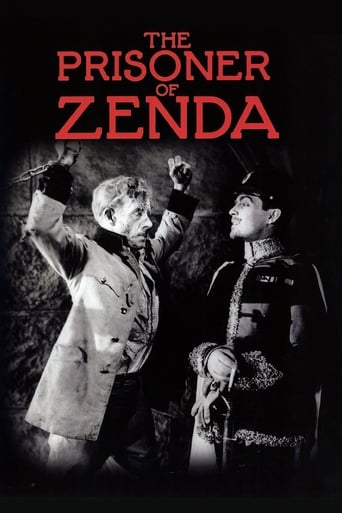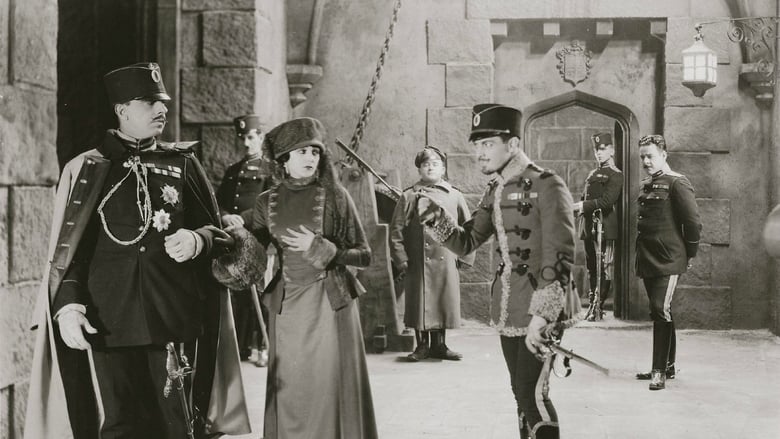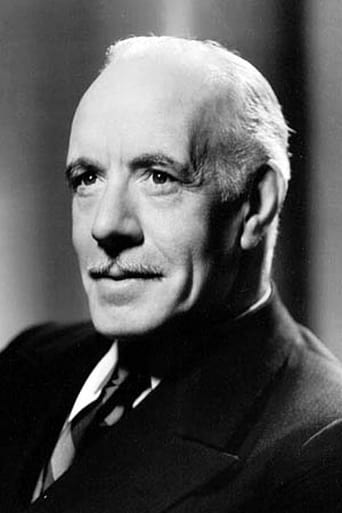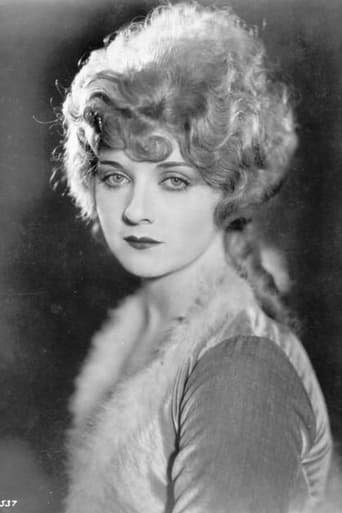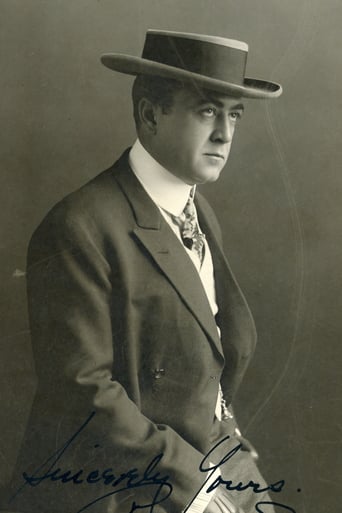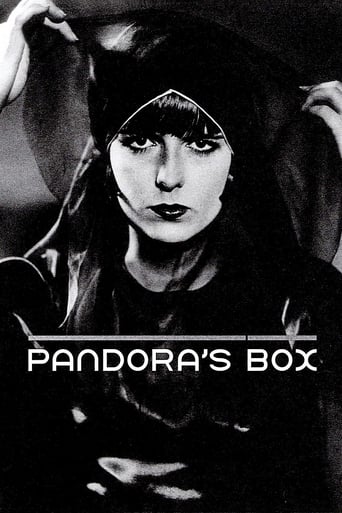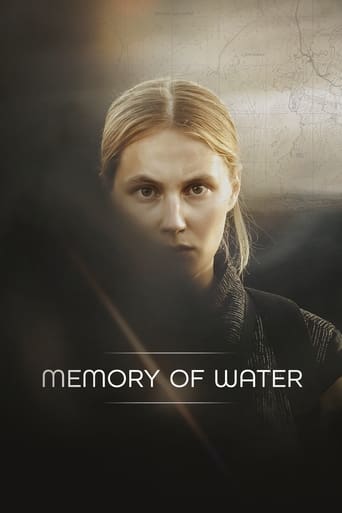The Prisoner of Zenda (1922)
A kingdom's ascending heir, marked for assassination, switches identities with a lookalike, who takes his place at the coronation. When the real king is kidnapped, his followers try to find him, while the stand-in falls in love with the king's intended bride, the beautiful Princess Flavia.
Watch Trailer
Cast


Similar titles
Reviews
People are voting emotionally.
Let's be realistic.
Fantastic!
A clunky actioner with a handful of cool moments.
(Flash Review)This story was so intriguing that there were 4 or 5 remakes and/or adaptations based on this 1922 original. There is a prince who will be coronated king the following day. Some other royals hatch a plan to kidnap him, thus allowing one of them to be crowned king. Once the king goes missing, some of his allies spot a lookalike and decide to have him pose in place of the future king. He has to convince the future king's lovely lady as well as his friends that he is the real guy. The story sets up for some fun obstacles and to see how things play out. The film does a good job of organizing several characters, has some nice castle shots yet the pacing could have shifted up a couple gears.
Rex Ingram was one of the finest directors of the silent era, but unfortunately, he is little remembered today. His most famous film is The Four Horsemen of the Apocalypse, a box office smash in 1920 which put Italian immigrant Rudolph Valentino on the road to full-blown stardom. This 1922 adaptation of The Prisoner of Zenda is one of his better known films among silent movie geeks, but I would not count it among his most outstanding.There's good scenery and spectacle, and Lewis Stone makes good as the lead. The standout of the cast is without a doubt a young Ramon Novarro as the roguish Rupert of Hentzau. Unfortunately, the rest of the cast is not so memorable. The film is also overlong and the comic relief was mildly painful at best.Overall, it's watchable, but you'll be better served by watching the 1937 remake. If you want outstanding Ingram, then see Scaramouche or Four Horsemen.
Based on the hugely popular late Victorian adventure novel by Anthong Hope, this silent version is very entertaining and moves along at a good pace, especially at the last half of the movie. King Rudolph V of Ruritania's coronation is but a day away. The King's brother, the Grand Duke "Black" Michael has a plan to keep the King away from the coronation and have himself crowned King instead. The King is not widely popular with the people and also is a drunkard. Michael drugs a bottle of wine that he sends to the King as a gift. The King gulps down the wine and falls into a stupor which will make it impossible for him to attend the coronation. As it happens, the King's devoted Chief of Staff, Colonel Sapt, meets a distant cousin of the King's, Rudolph Rassendyll, an English gentleman educated in Heidelberg. In appearance Rassendyll is the exact double of the King and Sapt convinces him to take the King's place at the coronation. While impersonating the King, Rassendyll falls in love with the King's intended, Princess Flavia and she with him. The adventure continues with murder, betrayal, kidnapping and a daring rescue of the King. Lewis Stone does an admirable job as Rassendyll. Oddly, in several scenes, Stone reminds one of Ronald Colman. Ramon Navarro sparkles as Michael's henchman Hentzau - he is conniving but also has flair. The actor playing Colonel Sapt is great and his scene late in the movie with Rassendyll and Princess Flavia is wonderfully done and quite touching. The ending of the movie avoids having what we think of as the typical Hollywood ending. Colonel Sapt has the last word when he says to Rassendyll "God does not always make the right men kings. You are the finest Elphberg of them all." What a fine 19th century sentiment that is. And probably small consolation to Rassendyll.
Monday August 14, 7:00:pm, The Paramount Theater"While you're unhung, Hentzau, hell lacks its master!" On the eve of his coronation, Rudolph Elphberg of Ruritania is poisoned by his jealous half-brother, Duke Michael of Strelsau. A distant English cousin, and the King's spitting-image, takes his place to save the throne. Anthony Hope's 1893 tale of romance and swordplay, The Prisoner of Zenda has seen no less than eight adaptations produced for the big screen, including three silent films, an animated Australian version and a television mini-series. The best known of the bunch today is the 1937 David O. Selznick production starring Ronald Coleman, Madeleine Carroll, David Niven and Mary Astor. Without a doubt, the 1922 Metro Pictures production, directed by Rex Ingram, is superior in its cinematic style, acting and production values. Ingram's film stars the exceptionally beautiful Alice Terry as Princess Flavia, and a wonderful newcomer, Ramon Novarro as Rupert of Hentzau. Lewis Stone stars as the irresponsible, drunken and character deficient King Rudolf, and his dignified, stalwart cousin Rudolf Rassendyll. Stone is best remembered as the wise old father of a well-known freckle-faced teenager with the voice of a strangled duck, whose character (Andy Hardy) grew up on screen in the thirties and forties. Ingram achieved significant success for himself and Metro the year before with The Four Horseman of the Apocalypse (1921), starring Terry and Rudolph Valentino. While filming their next production, The Conquering Power (1921), Valentino became willful and refused direction, at one point storming off the set. No doubt, his new found fame had gone to his head. His charming young replacement was Ramon Samaniegos, who changed his name to Novarro after Zenda's release. As Hentzau, Norarro is quick, clever and a thoroughly likable anti-hero. One of four officers loyal to "Black" Michael (Stuart Holmes), Hentzau is a mischievous young fellow, more playboy and prankster than serious villain, who spends much of his time chasing after Michael's mistress Antoinette (Barbara LaMarr). Ingram introduces Hentzau, as he stands up from the piano, flips his monocle in the air, and into his eye. Novarro virtually steals several scenes, even breaking character once as mugs directly at the camera! Ingram was able to draw great performances from his actors. As Rassendyl arrives at the coronation, he passes a dumbstruck Michael and pauses long enough to deliver a subtle expression of smug satisfaction with a raised eyebrow. Terry's performance as the future queen is graceful and dignified, a perfect match to Rassendyll, and their final scene is both lovely and heartbreaking. The cast is rounded out nicely with two well-known character actors. Snitz Edwards plays the King's butler and John George who worked with Lon Chaney, John Barrymore and nearly everyone else in Hollywood plays a decidedly darker than average role.Adding substantial integrity to the production, Ingram used Belgian Fencing Champion and USC coach Henry Uyttenhove as a trainer and consultant for the spectacular sword fight at the end of the picture. Uyttenhove also worked on several Douglas Fairbanks films, including Robin Hood (1922), and again with Ingram on Scaramouche (1923). "God does not always make the right men kings. You are the finest Elphberg of them all!"

